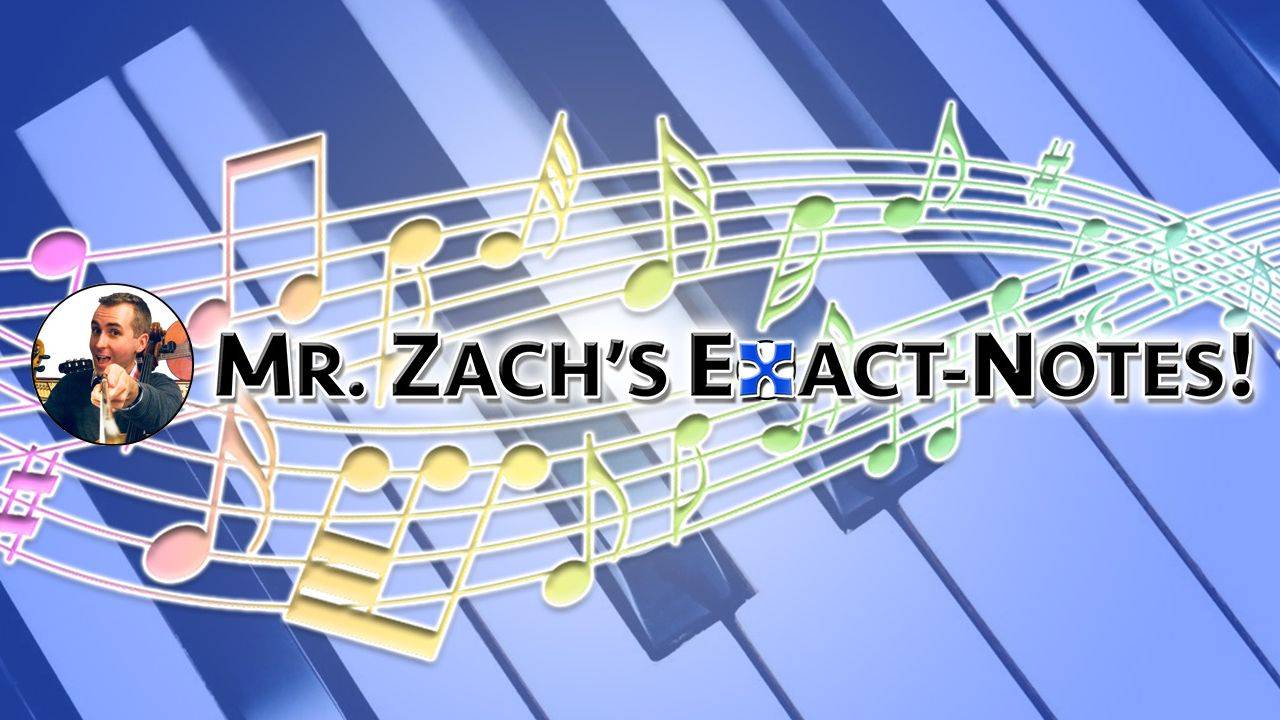3 Keys to Give Your Kids a GREAT Start to Music!

3 Keys to Give Your Kids a GREAT Start to Music
And KEEP it Great Long After Starting!
When learning music, three aspects matter most. If you miss BIG on any one, kids get frustrated and want to quit… But do well on all 3, and you’ll be off to a better-than-average start! Use this as a start-up guide to music with your kids, AND save it for future reference to review the most important aspects in case things start to go bad sometime down the road!
Let's get started!
Key 1: Getting Started…
Some kids start off begging to learn! If that’s NOT your kid, here’s how to successfully invite them to give it a try:
- Call it “playing songs,” NOT “learning piano.” Kids like “playing” and they like “songs,” so phrasing it like this is speaking their language! (“Learning” might not be their favorite activity… and “piano” is unknown until they’ve tried it!)
- Mention the Benefits of Music!* Competitive personalities like to know that kids who learn an instrument score higher on math and reading tests, whereas kids who struggle academically like to know that playing music makes math and reading easier.
- Position Music as a Right of Passage. This positions learning music as an act of maturity. For example, “Since you’re old enough to read, you might be ready to start playing songs!”
Key 2: Getting a Good Instrument
Shopping for a piano or keyboard can be as fun as shopping for a new pet! Here’s what matters most about an instrument your child will LOVE!
- It Should Sound Pleasant & Immersive! Sound affects everyone at home, so you’ll want something pleasant for all. It must also be loud enough to create an immersive sound experience. “Sound immersion” is VITAL to motivating practice, gaining self-confidence, and impressive performances!
- It Should Feel Comfortable & Safe! Keys that feel even a little hard to an adult hand could feel painful to a child’s hand after 15-30 minutes! And a wobbly stool or chair can trigger highly distracting fears of physical safety! Get an instrument with keys that are light to the touch, and use a stable 4-legged bench!
- It Should Look Nice! Dusty or grimy keys can trigger disgust or allergies! And a “Rainbow Unicorn Lollipop Princess” keyboard may be a deal-MAKER for some, but a deal-BREAKER for others... Some scrubbing and kid-friendly decorations will transform an ordinary setup into an inviting play area!
Key 3: Using the Right Learning Format(s)
The right mix for your child differs by their age, interests, and personality!
- Private Lessons or Group Classes? Older students with some prior experience may prefer the privacy and intensity of private lessons; Kids ages 4-12 often enjoy the lower-pressure social mix of group classes. (These work great online from home, and save kids valuable energy packing and traveling!)
- Live Classes or a Virtual Course? Live classes are an educational social event kids look forward to; Virtual courses offer varying degrees of interaction and can be self-paced or structured-pace. (Try both, then continue with both, or keep the one that works best!)
- Songs or Theory? Music theory is like grammar, and makes the most sense after you already speak the language. When choosing a method for kids, prioritize ones that emphasize songs before theory!
- Classical Notation or Notes in Letters? Classical notation works well for ages 10 and up, but is often the #1 most discouraging aspect of learning music for any age. That’s why beginners of all ages may consider building confidence by learning songs using notes in letters before trying classical notation.
Summary
If things start to go bad, look for ways to improve by going through each checkbox together with your child! Your kids will point out things that might help, AND they’ll appreciate that you’re trying to make it better, which might just be good enough for them to keep trying, too!
Get a printed version of this checklist in my book, Kids Piano! Volume 1 (plus other great starter resources, too!)


